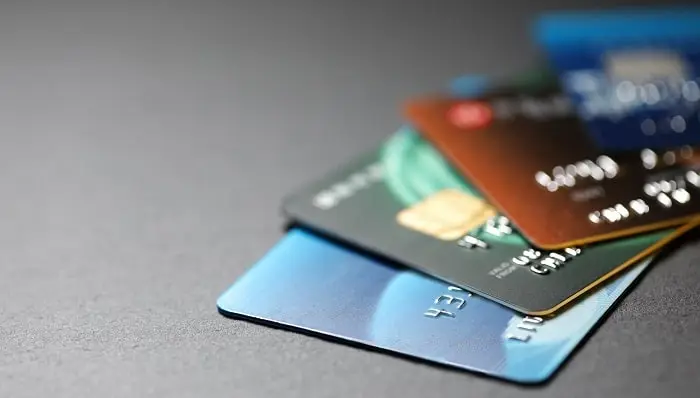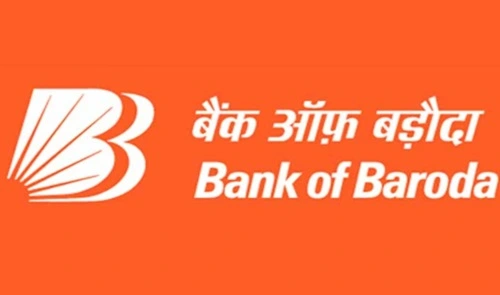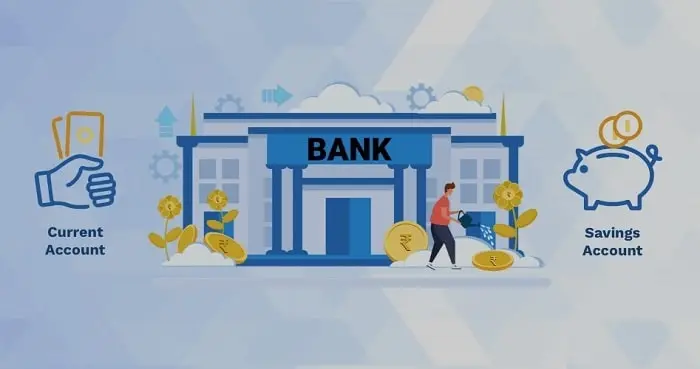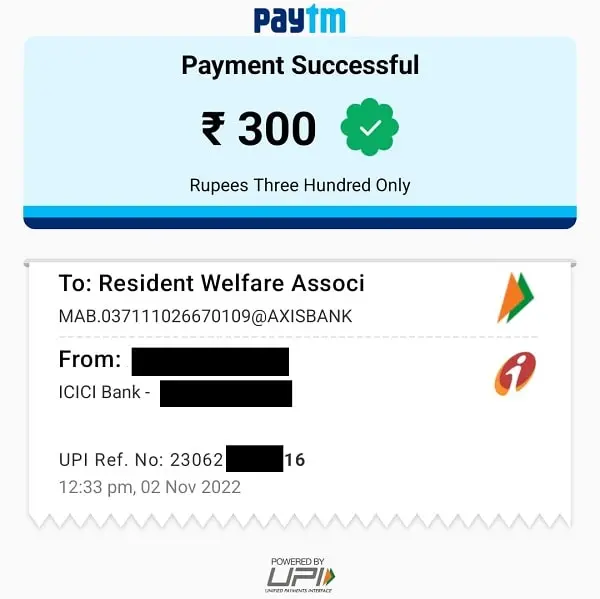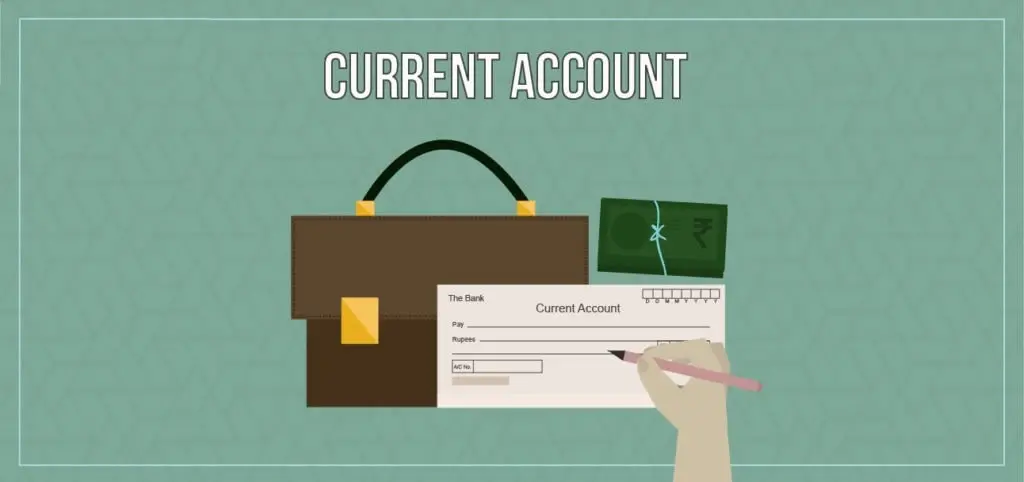Credit cards are becoming an indispensable part of our lives because of how easy they are to use and the useful pay-back options they offer. A credit card is a treasure trove for the intelligent user since it offers discounts and bargains that are unmatched by other financial products. Credit cards, however, can become debt traps if used incorrectly or if you spend more than you are able to afford to repay when the bill comes.
If you are not acquainted with the world of credit, the advantages and disadvantages of it are listed below.
👍 Credit Card Advantages
Here are some top benefits of having a credit card:
1. Easy access to credit
The main advantage of a credit card is the simplicity of credit availability. Credit cards work on the principle of postponed payment, so you can use one now and pay for the goods later. No money is deducted from your account each time you swipe, maintaining the balance in your bank.
- Also Read: Why My ATM Card Is Not Working?
2. Establishing a credit line
With credit cards, you have all the options of raising your credit limit. This is important because, based on how you utilize and return your cards, banks can view your current credit history. Since banks and other lenders commonly evaluate credit card usage to determine a potential loan applicant’s creditworthiness, your credit card is essential for any prospective loan or rental application.
3. EMI facility
If you want to make a significant purchase but don’t want to spend all of your money on it, you can choose to utilize a credit card as a method of delaying payment. Additionally, you can choose to pay for your item in equal monthly installments if you don’t want to pay for it all at once and empty your bank account. It is more inexpensive to pay for a product through an EMI than it is to obtain a personal loan, such as a television or any expensive refrigerator.
4. Offers and incentives
The majority of credit cards are loaded with promotions and rewards. When you swipe your card, you can earn rewards points that can be redeemed for cash back, air miles, or credit toward your outstanding card balance. In order to help you save money, lenders also provide discounts for purchases made with a credit card, for example on plane tickets, vacations, or significant purchases.
5. Credit options
Credit cards have an interest-free period, which is a period of time in which customers won’t be charged fees on any outstanding credit. You can get free and short-term credit for intervals of 45 to 60 days if you pay the total amount owing by the credit card’s bill payment due date. Therefore, you can benefit from the credit advance and avoid paying the fees associated with holding an unpaid credit card balance.
6. A list of the expenses
A credit card keeps track of each purchase made with the card and includes an exhaustive list in the monthly credit card statement. This can be used as a way to keep tabs on your spending and purchases, which could be useful for budgeting or tax purposes.
7. Invest in security
Credit cards provide additional security as insurance for lost, damaged, or stolen card purchases. You can use the credit statement to attest to the authenticity of any claims you wish to make.
- Read Also This: Debit Card Advantages and Disadvantages
👎 Credit Card Disadvantages
Here are some drawbacks of using a credit card:
1. The minimum due trap
The biggest disadvantage of a credit card is the minimum due amount, which is displayed at the heading of the billing statement. Many people who use credit cards are tricked into thinking the minimum payment is just the total amount due when, in fact, it is the lowest payment the business expects them to make in order to continue offering them credit facilities.
Customers end up thinking their charge is small and spending more as a result, accruing interest on their balance, which over time may grow to be a sizable and unmanageable amount.
2. Unexpected fees
Despite their initial impression as being simple and straightforward, credit cards have a variety of hidden charges that really can dramatically raise the overall cost. Late payment fees, renewal fees, membership fees, & processing fees are just a few of the taxes and expenses related to credit cards. If you repeatedly make late payments or miss payments on your cards, your cibil score as well as future credit prospects may suffer, which could result in a decrease in your credit limit.
3. Simple to misuse
If you have any revolving credit, your bank balance is consistent, so you could be inclined to charge every transaction to avoid understanding how much you owe. This could lead you to spend more money than you are able to afford to repay, which would start a debt cycle with very huge interest rates on your successive payments.
4. A very big interest rate
If you don’t pay your balance in full by the billing due date, the balance is carried forward and interest is charged. This interest accrues over time on purchases made right after an interest-free period. The average interest rate on credit cards is 3% monthly, or 36% annually, which is actually rather high.
5. Card card fraud
Despite the simple fact that it isn’t very common, you could become a victim of credit card fraud. With the advances in technology, it has become simple to replicate a card and gain access to sensitive information, enabling another person or business to make purchases using your card. Pay particular attention to any transactions that stand out on your statements.
Credit Card Frequently Asked Questions
Q1. How A Credit Card Is Different From A Debit Card?
Ans: When you’re out shopping and your pockets are empty, a credit card can be your best friend! Unlike a debit card which takes money directly from your own bank account, a credit card allows you to borrow money from the bank to make purchases.
Q2. What Does A Secure Credit Card Mean?
Ans: A secure credit card is like a helping hand in building your credit. It requires you to put down a deposit as collateral, which will then determine your credit limit. This type of card is perfect for those who are just starting out on their credit journey and need a little extra support.
Q3. What Is The Process To Get A Credit Card?
Ans: Getting a credit card is a simple process, just fill out an application, provide information about your income, employment, and financial situation, and the bank will determine if you’re eligible for a credit card and what type of card will suit you best.
Q4. How Do I Know If I Am Eligible For A Credit Card Or Not?
Ans: To see if you’re eligible for a credit card, just check your credit score. You can use various online services, and banking apps to check your credit score, and if it is high or good enough, you’re more likely to be approved for a credit card.
Q5. What Is A Credit Limit?
Ans: Your credit limit is the maximum amount of money that the bank will allow you to borrow with your credit card. It’s determined based on factors like your credit score, income, and other financial information. Just make sure to only borrow what you can pay back.
Bottom Line
Everything has pros and cons, just like a coin possesses two sides, and credit cards aren’t any different. You should keep in mind that, if used properly, a credit card will never harm your financial situation when deciding whether or not to purchase one. Instead, it will assist you in improving your financial situation. However, if you are still confused you may consult a financial advisor or renowned banks that offer the services of credit cards to their account holders.

